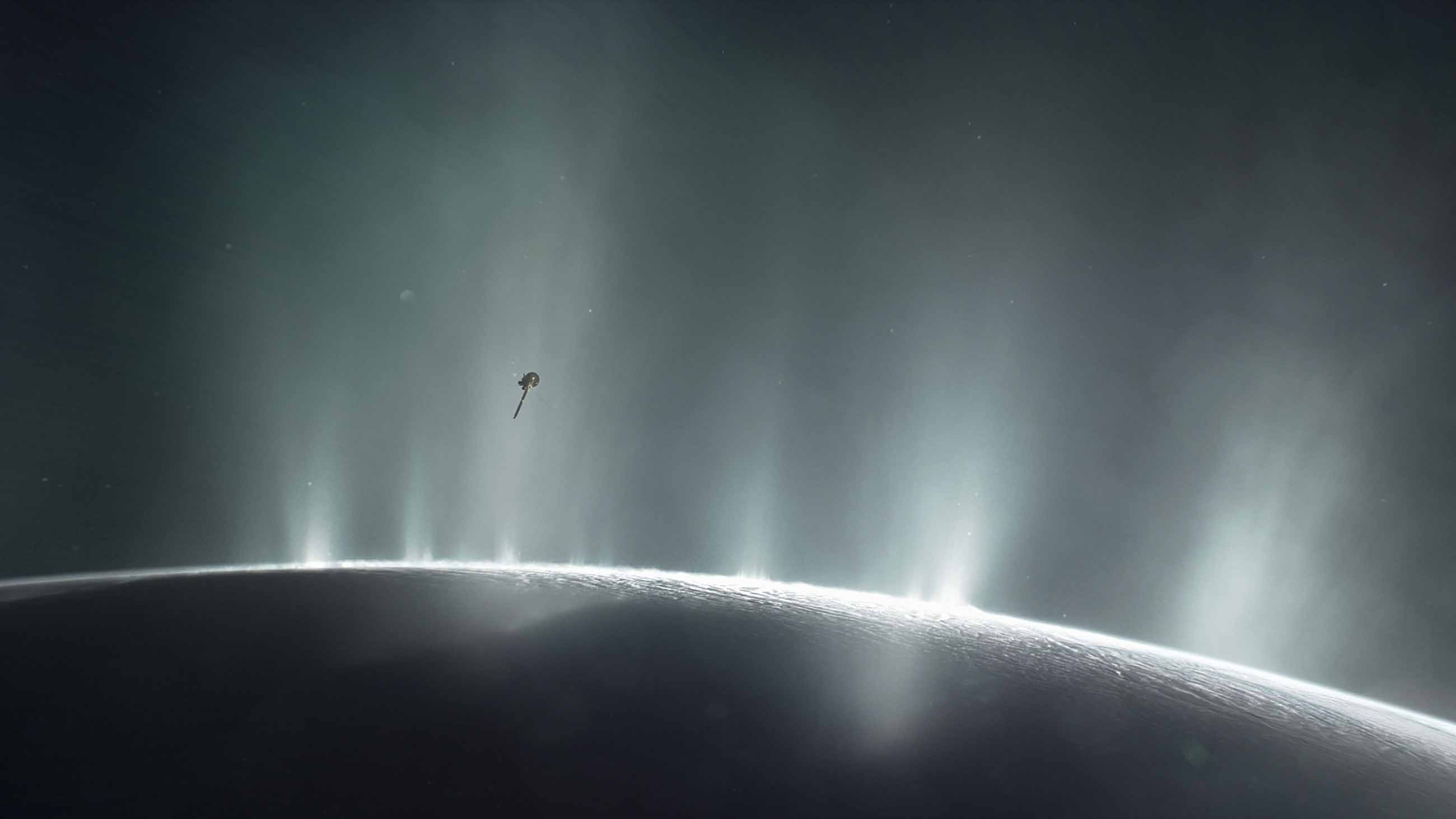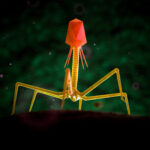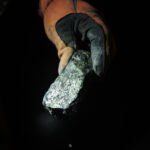Abstracts: CRISPR, Cassini, and More
• CRISPR technology, famous for its gene-editing prowess, might also make for a quick and cheap diagnostic tool. A study in Science on Thursday reports that a new system based on CRISPR, called SHERLOCK, can distinguish between tiny traces of genetic material from Zika and dengue, as well as differentiate between the DNA of cancerous and healthy cells. (STAT)

• Speaking of high-tech diagnostic tools, XPrize announced the winners of its Star Trek-inspired tricorder competition. (For those not steeped in Trek trivia, the tricorder is a handheld gadget that doctors like Bones wave over patients to instantly diagnose them). The $2.6 million grand prize was awarded to a team whose health kit uses noninvasive sensors to identify 13 ailments and monitor five vitals at once, then synthesizes the data on a smartphone or tablet. (Washington Post)
• Thar she blows! Saturn’s moon Enceladus ejects plumes of water from its ice-encased ocean into space, and the Cassini probe just flew through the spray. Chemical analyses of the water suggest that Enceladus’s seafloor might be habitable for alien microbes. (BBC)
• The nonprofit Vera Institute of Justice in New York City is gearing up for a study on how best to help young black and Latino men — the demographic most likely to suffer violent crimes — heal after these traumatic experiences. (NPR)
• New Yorkers are wielding a new weapon in their perennial war against the millions of rats that infest their city: rodent birth control. (WIRED)
• According to a new study in Nature, paleontologists in Tanzania have unearthed the fossils of one of dinosaurs’ oldest relatives — and it looks nothing like scientists expected it to. (LA Times)
• Ayahuasca, a hallucinogenic brew that Amazonian shamans have drunk for centuries, might give new hope to people who suffer treatment-resistant depression. In the world’s first clinical test on using Ayahuasca to treat depression, researchers found that the herbal drink dramatically improved participants’ moods. (New Scientist)
• The words “ant farm” usually call to mind a glass case of sand tunnels sitting on a desk. But ants were actually cultivating their own fungal crops in South American rainforests 60 million years ago, whereas humans only started sowing seeds 12,000 years back. Now, scientists have identified when, and maybe why, ants underwent their own agricultural revolution so long ago. (Smithsonian)
• This solar-powered sponge-like device sucks water right from the desert air, which could supply water to billions of people in the driest parts of the planet. (Science)
• And finally — in what is probably the most elaborate subtweet ever —the Autonomous Space Agency Network launched an enormous print-out of a tweet directed at President Trump into the upper atmosphere. They’re calling it the first-ever protest in space. (Huffington Post)









